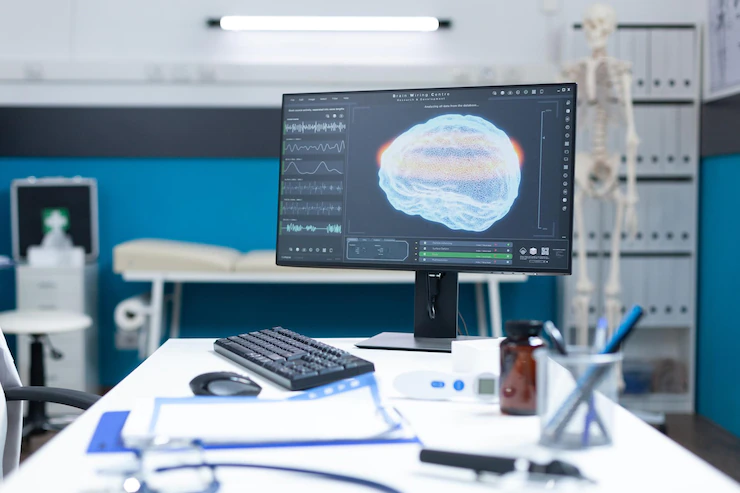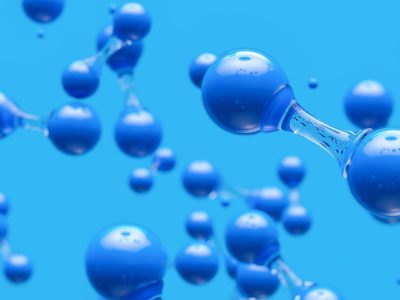A concussion is a type of brain injury that is common in contact sports, causing a range of physical and cognitive symptoms. The effects of concussion differ from person to person, therefore rehabilitation needs to be tailored to the impairments of the affected athlete.
Sports physios are an important part of rehabilitation after a concussion. Our Evoker physiotherapy team is here to help assess, manage, and rehabilitate concussive patients. We use the most effective and efficient treatment protocols to ensure the most rapid recovery possible.
What Is A Concussion?

According to the consensus statement on concussion in sports, sports-related concussion is a traumatic brain injuries induced by biomechanical forces. The mechanism of injury is usually some form of contact to the head, face, or neck. Most cases of concussion resolve within 10 days. However, symptoms can persist for longer and other diagnoses should be considered.
Diagnosing Concussion In Sport
A concussion is diagnosed by a doctor or specialist. The doctor will take a clinical history and complete a physical examination to assess cognition and other neurological signs, including balance. Imaging may be necessary. The SCAT5 is a concussion-specific assessment tool that is commonly used for assessment.
Symptoms Of Concussion In Sport

Signs and symptoms of concussion vary greatly in range and severity. These may start from the onset of injury or may develop minutes or hours afterward.
Symptoms can include:
- Headache
- Brain fog
- Dizziness
- Slowed reaction times
- Balance issues
- Sleep disturbances
- Irritability
- Fluctuating moods and emotions
- Behavioral changes
Concussion may also cause loss of consciousness, convulsive movements, amnesia, vomiting, and nausea. It’s important all head injuries are immediately assessed by a doctor to get an accurate diagnosis and rule out serious underlying pathology.
Rehabilitation From Concussion In Sport
A concussion isn’t limited to elite sports – it can affect athletes at all levels and ages. Once the diagnosis is confirmed, rehabilitation should be tailored to the specific needs of the athlete and the goals of recovery.
Immediate management may include rest and time off work. Recovery is then progressed in a stepped approach, with a minimum of 24 hours spent at each step. This can be progressed when symptoms have not recurred or worsened. Physiotherapists can guide recovery, including:
- Light aerobic activity (like gentle walking whilst maintaining a conversation)
- Basic sports-specific tasks (non-contact)
- More complex sporting drills (non-contact)
- Resistance training
- Return to full practice, including normal sporting contact
Education is a large part of the recovery process, to help improve body awareness, symptom recognition, and for return to sports advice. There are reported concerns about the long-term consequences of accumulated or back-to-back concussions. Rehabilitation after concussion should be commenced swiftly and completed in full prior to returning to normal activities.
Premium Quality Physiotherapy Services

Evoker has years of experience managing a wide variety of injuries from sports, including sports-related concussions. As a result, we know how to manage symptoms of sports-related injuries using hands-on and exercise therapy quickly and accurately. We’ll also refer onwards to specialists or medical practitioners as needed.
Read Also:

















